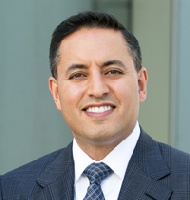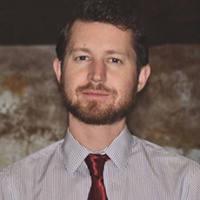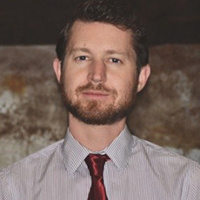Potrero White Collar Crime Lawyer, California
Sponsored Law Firm
-
 x
x

Click For More Info:
-
The Law Offices of Richard L. Cooper, P.A.
848 Brickell Avenue Suite 800 Miami, FL 33131» view mapDWI/DUI, Drug Trafficking, Felony Nationally Ranked Top 40 Under 40
With Richard L. Cooper you can expect a trusted confidant who will work diligently to fully understand your case and determine a road map to help you regain control of your life.
800-756-2781
Vikas Bajaj
✓ VERIFIEDAttorney Vikas Bajaj is widely regarded as one the leading criminal defense attorneys in San Diego, CA. With over 16 years experience, Mr. Bajaj has s... (more)
Jacob Prescott Austin
✓ VERIFIEDOver the years I have worked on cases spanning many areas of law such as marriage dissolution issues, transferring trademarks, elder abuse, financial ... (more)
Jacob Prescott Austin
✓ VERIFIEDOver the years I have worked on cases spanning many areas of law such as marriage dissolution issues, transferring trademarks, elder abuse, financial ... (more)
FREE CONSULTATION
CONTACT
 Richard L. Cooper Miami, FL
Richard L. Cooper Miami, FL AboutMiami Attorney at Law
AboutMiami Attorney at Law ServicesCriminal Defense
ServicesCriminal Defense




